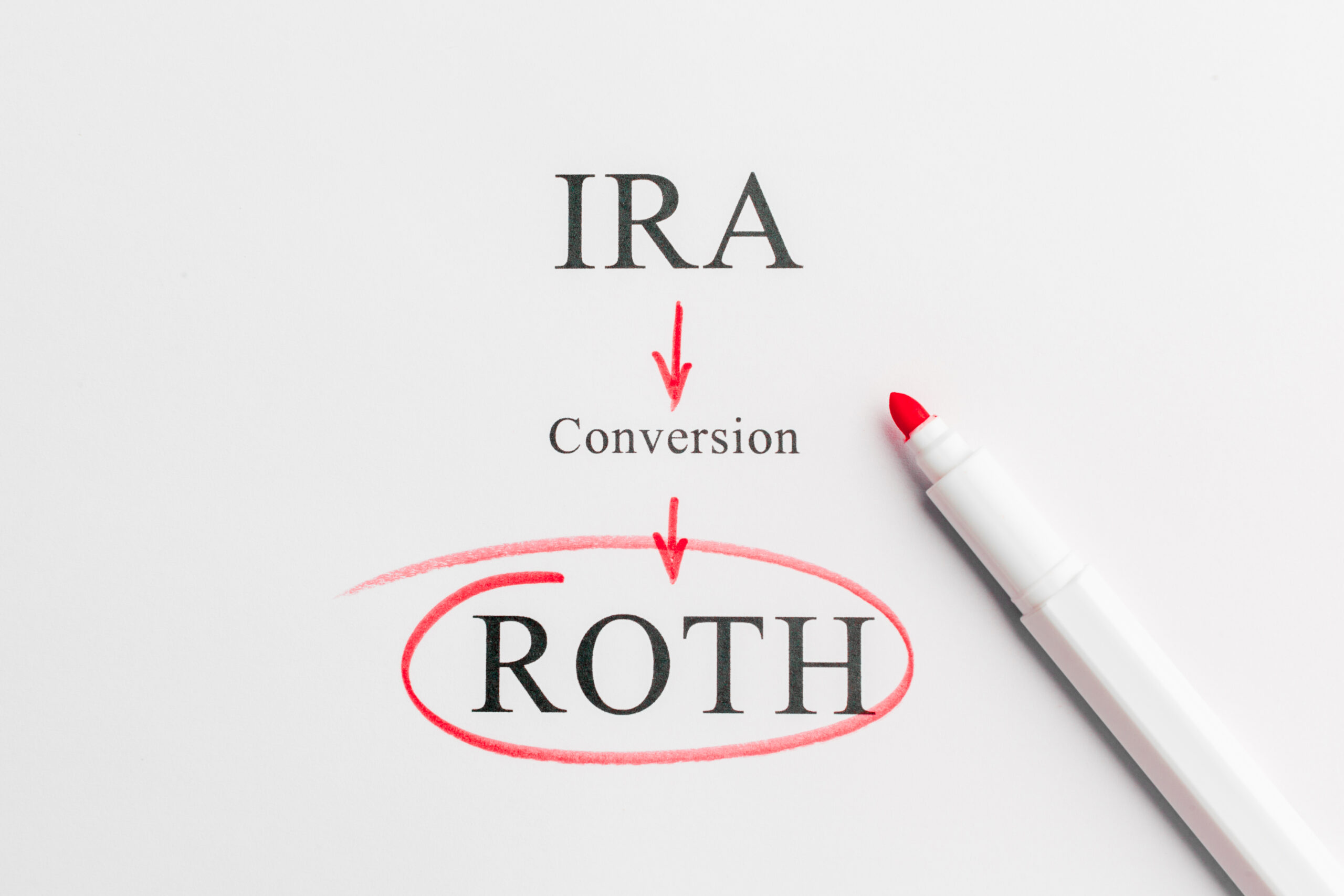Deciding when you and your spouse will each take Social Security retirement benefits can be tricky, but aligning your claiming strategies properly can result in you receiving a higher lifetime benefit. Therefore, it’s imperative that you think through your claiming strategies far in advance of retirement. This way you can work the maximum estimated Social Security benefit into your overall retirement income plan.
Did you know that you have more Social Security claiming options as a couple than you do as a single person? There are two primary reasons for this. First, because you and your spouse can claim benefits at different dates, and second because one of you may be eligible for spousal benefits.
Before you or your spouse claim Social Security retirement benefits, ask yourself the following questions:
Should You Claim Your Spouse’s Benefit or Your Own?
If you or your spouse have a big difference in your lifetime income, it may be in your best interest to claim spousal benefits over your own.
Remember, Social Security benefits are calculated based on lifetime earnings. If you or your spouse spent more of your marriage as the primary breadwinner, it may benefit you both to claim on behalf of the high-earners lifetime income.
There are two ways the IRS calculates the spousal benefit: (1) for a non-earning spouse who doesn’t qualify for Social Security benefits and (2) for a spouse who did work and does qualify for Social Security retirement benefits on their own.
The Calculation For a Spousal Benefit
50% x Earners Benefit = Spousal Benefit
So, if the working spouse is eligible for $3,000 a month, the spouse can expect a $1,500 spousal benefit.
How Will Timing Impact Your Decision?
This is just the beginning of the calculation. When you and your spouse begin claiming Social Security will also determine the amount either of you is eligible to receive. Both the earner’s benefit and the spousal benefit are subject to reductions if taken before Full Retirement Age (FRA). Conversely, they are subject to augmentation if taken beyond Full Retirement Age (FRA). For every year you postpone taking Social Security (up to age 70), you could receive up to 8% more in future monthly payments. Keep in mind, these increases cease at age 70.
Click here to learn your Full Retirement Age (which is based on your birth year) and see how much your benefit will be reduced if you begin claiming early.
The simple math dictates that claiming at 70 yields the highest monthly income, but that should not be the only criteria informing your decision. Of course, the goal will be to create the retirement income you need from your resources in the most tax-efficient and wealth-friendly way possible. That means you’ll need to weigh the relative merits of (1) claiming early, taking a reduced benefit, and living on other sources of income until FRA and (2) claiming later, receiving a higher lifetime benefit, and deferring withdrawals from other investment accounts until later in retirement.
How Should Life Expectancies Inform Your Claiming Strategy?
A key consideration for you and your spouse to discuss is your life expectancies. Deferring benefits can result in a higher lifetime benefit, but may not be worth the wait if one spouse is in poor health and doesn’t expect to be able to enjoy the higher benefit amount for more than a few years.
Of course, survivor benefits should also be considered when navigating social security as a couple. If you expect to live well into your eighties or nineties, delaying the higher earner’s benefit in order to maximize the survivor’s benefit may be the most valuable move. While none of us knows with certainty how long we will live, it’s best to err on the side of caution and plan for the possibility that you’ll live a long time.
How Will Taxes Affect Your Benefits?
Like your other sources of retirement income, your Social Security benefits are taxable. But, they are calculated based on how much other income you are receiving.
If you earn less than $32,000 a year, your benefit will not be taxed. If you earn over $44,000 a year, you can owe taxes on as much as 85% of your benefit. The portion of your benefits that are taxable will be taxed as ordinary income and assessed at your marginal tax rate.
Of course, how much your benefits will be taxed is a fundamental calculation in estimating your overall tax liability in retirement. Here’s why: When and if you begin to pull additional money from your retirement accounts, you could create a higher tax rate on your benefits. Essentially, every additional dollar you take from your retirement account could add $0.85 of your Social Security benefit to your taxable income.
Of course, you and your spouse will likely rely on your retirement accounts far more heavily for retirement income than you will on your social security benefits, but it’s imperative you plan ahead for how your income level will trigger taxes on your social security benefit.
Next Steps
Social Security will not likely comprise all of your retirement income plan, but is a fundamental place from which to begin assessing both your retirement need and tax liability. After all, the decisions you make about Social Security early on will impact you and your spouse’s benefit for the rest of your lives. Talk with your financial advisor to explore how best to align you and your spouse’s Social Security benefits for maximum impact.






